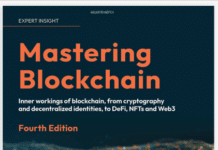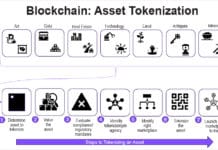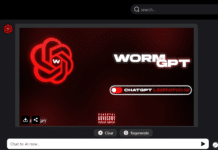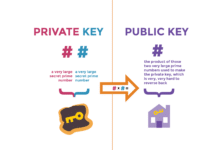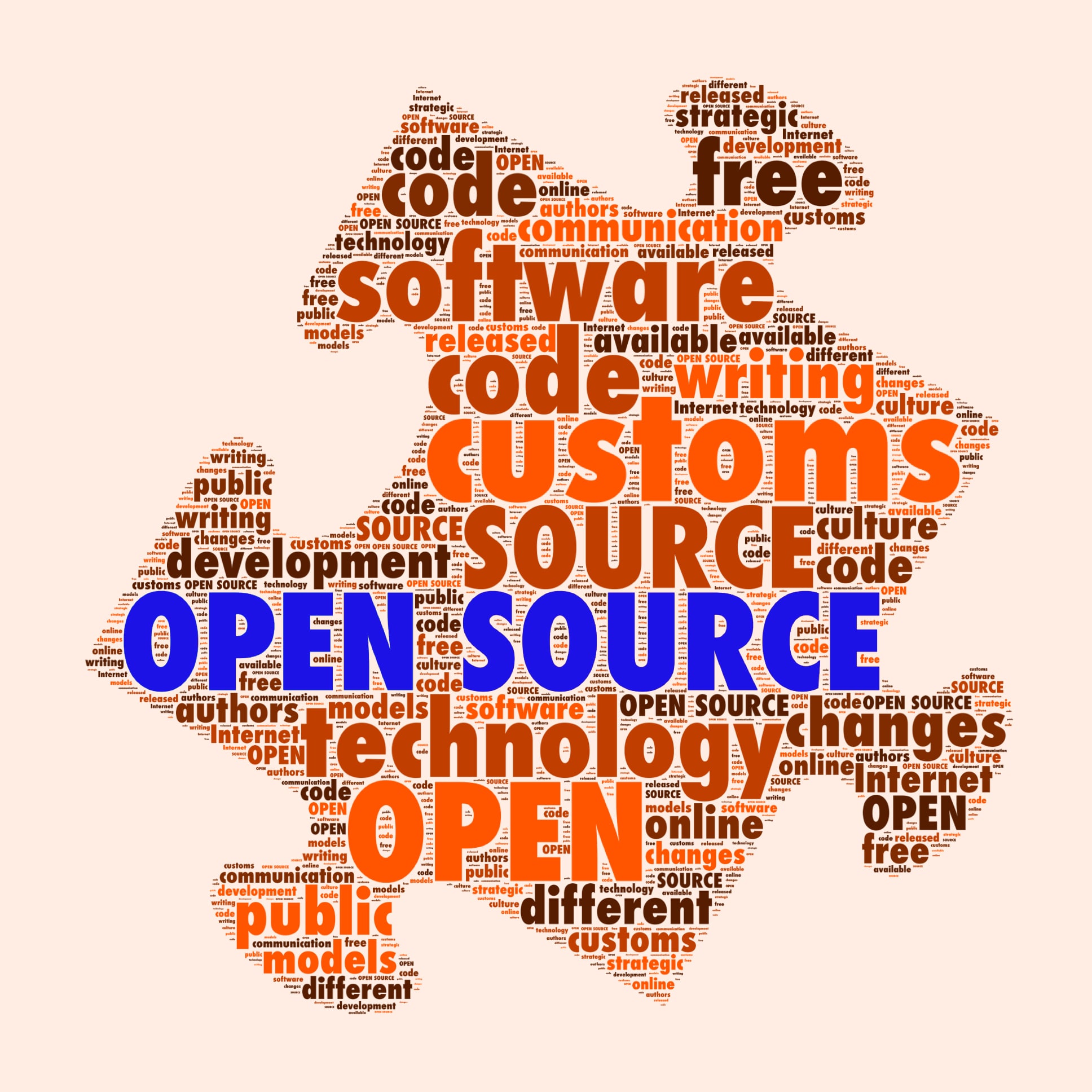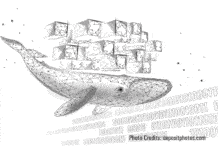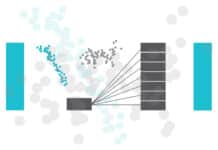- The company also upgraded its existing open source projects Tekton and Razee
- Kui has already been introduced to select IBM Cloud offerings
According to a report by Sdx central, IBM has launched two new open source projects Kui and Iter8 and upgraded its existing open source Tekton and Razee. The company also plans to integrate its legacy software portfolio with Red Hat’s Kubernetes-focused OpenShift platform soon.
IBM says Kui aims to minimize console switching for developers working in multi-cloud environments through a single tool. The company said that it has already made Kui’s first introductions to select IBM Cloud offerings.
Comparative analytics
Iter8 is an addition to IBM’s Istio ecosystem. It uses Istio application program interface (APIs) to perform comparative analytics. IBM said that with Iter8, developers can compare versions of applications and perform extended behavioral analysis of microservices for a deeper understanding of the impact of a version update might have on other microservices in the environment.
IBM has also integrated Tekton into the IBM Cloud Continuous Delivery service to use the platforms built-in scaling and extensibility of Kubernetes and absorb software development and modernize the continuous development (CD) control plane.Tekton gives specifications for pipelines, workflows, source code access.
Origins from Google
Tekton was a project with origins from Google and it was presented to the Linux Foundation’s Continuous Delivery Foundation (CDF) for a continuous integration and continuous development (CI/CD) platform for deployments to Kubernetes, virtual machines (VMs), bare metal and mobile use cases earlier this year.
Razee which is a multi-cluster, continuous delivery tool that allows developers to manage applications in their Kubernetes-based cluster deployments became open source earlier this year. IBM announced that it has integrated Razee to run on top of Red Hat OpenShift. The company also said that it will support Razee with the IBM Cloud DevOps ToolChains to help users build and push applications from a single cloud service





